Newly Retired Faculty, Staff Share Memories
Faculty and staff members who recently retired from the Dietrich College of Humanities and Social Sciences have made a lasting impact on the university community and their fields. Read reflections on what they will remember most about their time at Carnegie Mellon University, and learn more about their distinguished careers and retirement plans.
This story recognizes individuals who retired between July 1, 2022 and June 30, 2023.
Dean's Office
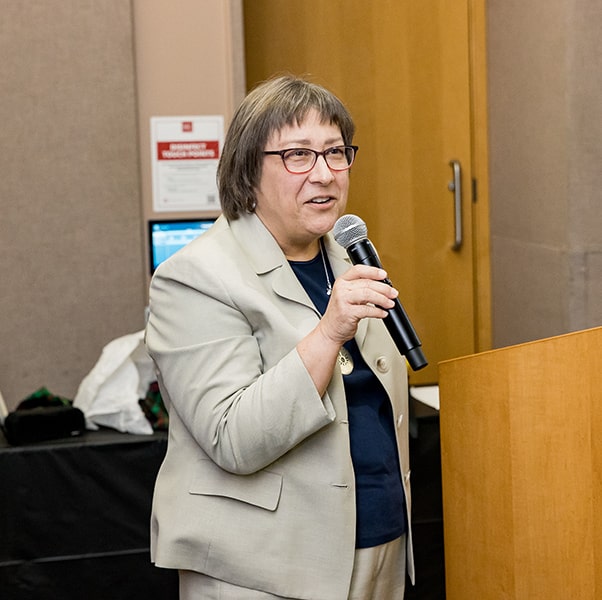 Susan Kinchelow
Susan Kinchelow
Associate Dean
“My memories of my co-workers and colleagues will be among the fondest ones that I take with me. CMU has undergone many changes since I arrived in the 1980s, but the people who choose to work here continue to be the best. They work to make a difference for the students, their departments and for Dietrich. I’ve been very fortunate to have worked with so many people who put others first. Over the years, when I was challenged to grow in ways that weren’t comfortable or easy, my co-workers and colleagues supported me through those challenges.”
Read Kinchelow’s Bio
For nearly 38 years, Susan Kinchelow worked in the Dietrich College Dean's Office. Originally hired as an assistant to the dean, she was promoted to assistant dean by the late Stephen Fienberg and again to associate dean by Richard Scheines. As Kinchelow develops a routine to her days in retirement, she plans to volunteer at a Christian ministry.
Department of English
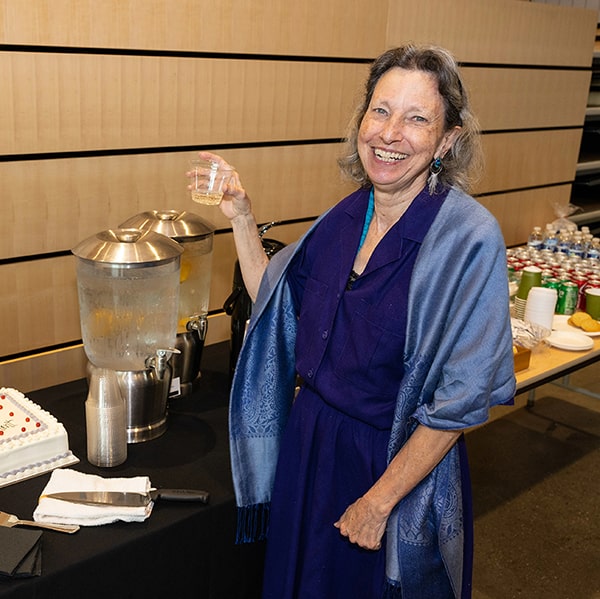 Linda Flower
Linda Flower
Professor Emerita of English
“It looks like a happy and challenging 50 years. So much started with those what if? how about this…? delightfully open-ended, research conversations with Dick Hayes as we imagined cognitive rhetoric into being. (And then if we went out for lunch, he would pull on that droopy old gray tweed jacket which functioned as his purse.) That was only matched by working at my round table with graduate students and starting the Community Literacy Center for urban teenagers on the Northside with Wayne Peck.”
Read Flower’s bio
Linda Flower came to Carnegie Mellon University in 1972. Her groundbreaking research into cognitive rhetoric and community literacy helped garner national and international recognition for the university’s rhetoric program. In addition to publishing multiple books, Flower has served as the co-director of the National Center for the Study of Writing and Literacy at Berkely and CMU, is a founder of Pittsburgh’s Community Literacy Center, and created Carnegie Mellon’s Community Think Tank series. She has received multiple awards recognizing her scholarship, including the Rhetoric Society Book Award for her book, Community Literacy and the Rhetoric of Public Engagement and the National Council of Teachers’ James R. Squire Award for her transformational influence on the teaching profession. As she settles into retirement, Linda is looking forward to her new job as a volunteer tree tender for Tree Pittsburgh.
Department of History
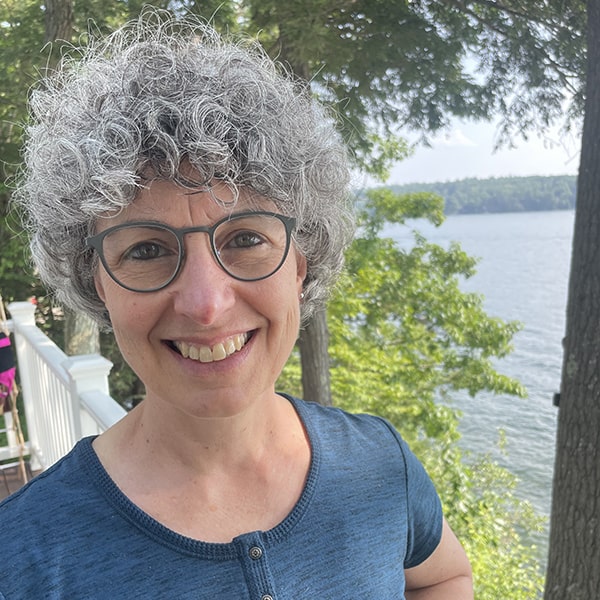 Laurie Eisenberg
Laurie Eisenberg
Professor Emerita of History
“I loved teaching the research and writing courses. I enjoyed working one-on-one with students, talking through their interests and possible research projects and seeing the flash in their eyes when they finally hit on the perfect topic. Their work has been my education about fascinating events, people, cultures and religions outside my own field of expertise and I am going to miss them and that so much. I especially loved teaching the Palestinian-Arab-Israeli courses, especially the ones which incorporate different types of role-playing exercises. No matter how intense, elaborate or time-consuming these activities get, CMU students always rise to the occasion.”
Read Eisenberg’s bio
Laurie Eisenberg was a member of the faculty in the Department of History for 30 years. Her scholarship areas include the Arab-Israeli conflict and peace process; the interaction of multiple Middle East actors like Jordan, Lebanon, Israel and the Palestinians; relations between Jews and Muslims; and religious fundamentalism in the Middle East. Eisenberg loved teaching her Palestinian-Arab-Israeli courses, which incorporated different types of role-playing exercises. During her last week of classes, Eisenberg gifted each of her Middle East history students a relevant book from her personal library. She then ran a free “garage sale” in her office that allowed her to give away more than 100 of her books. It was an opportunity to visit with current and former students and to say goodbye and wish each one well.
Department of Modern Languages
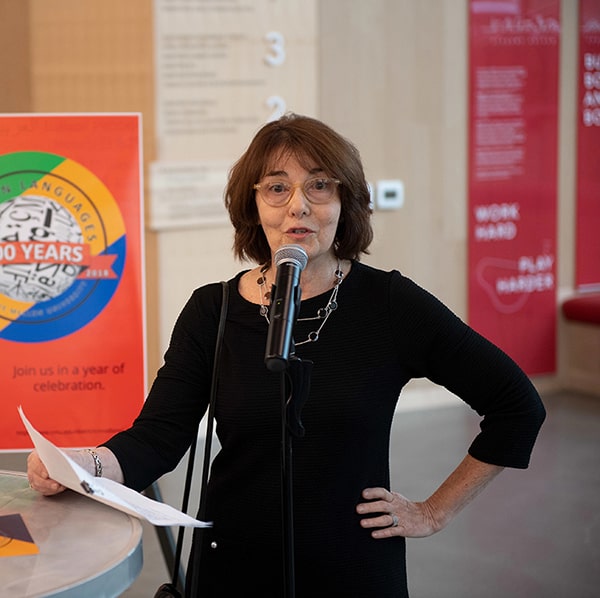 Susan Polansky
Susan Polansky
Teaching Professor Emeritus of Hispanic Studies
“I remember well and continue to be inspired by the remarkable growth of the Department of Modern Languages, cultivated by the enormous efforts of wonderful colleagues and staff, especially Nancy Monda, Vera Lampley, Sue Connelly-Colizza and Marc Siskin, and the leadership of my predecessors Barbara Freed and Dick Tucker and now my successor Anne Lambright.”
Read Polansky’s bio
Susan Polansky joined the faculty at Carnegie Mellon in 1986, when Modern Languages was a small program in the History Department with five full-time faculty. She has played an integral role in the growth of Modern Languages as a department in the college. Polansky served as head of the department from 2007 to 2020, when she resumed her full-time role as teaching professor of Hispanic studies. In retirement, Polansky looks forward to enjoying time with family and friends, good weather in California and continuing with Hispanic Studies, yoga and calligraphy practice.
Department of Philosophy
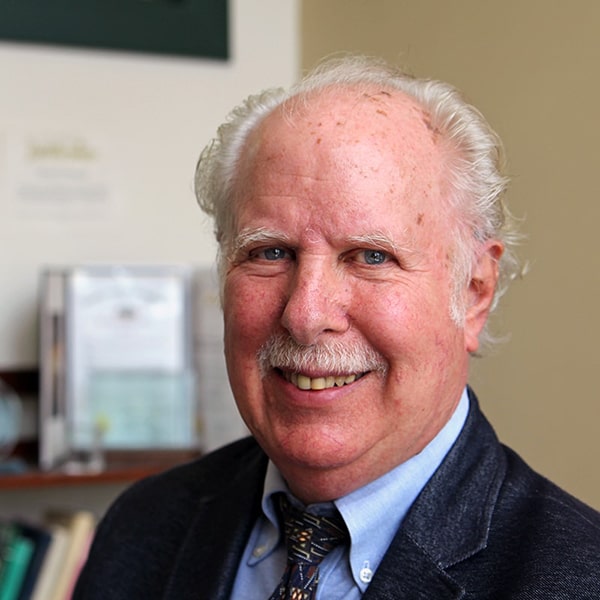 Robert Cavalier
Robert Cavalier
Teaching Professor, Emeritus
“I deeply appreciate the interdisciplinary nature of the work being done in the Philosophy Department and the university as a whole."
Read Cavalier's bio
Robert Cavalier joined the faculty at Dietrich College more than 30 years ago and moved into an emeritus position six years ago. He was director of CMU's Center for the Advancement of Applied Ethics and Political Philosophy from 2005 to 2007, which has been renamed the Center for Ethics and Policy. While an emeritus faculty member, he continued to be engaged in his work after ‘retirement.’ He deeply appreciates the interdisciplinary nature of the work being done in the Philosophy Department and the university as a whole. Since the Dobbs decision, he has published numerous editorials and Op Ed articles on the consequences of that decision, drawing on the work that he and his colleagues did on the issue of abortion in 2018. He is currently working with Joe Trotter in the Department of History on a deliberative forum regarding the issue of reparations. He is also taking advantage of the bike trails in the summer, snowshoeing in the winter, and travel.
Department of Psychology
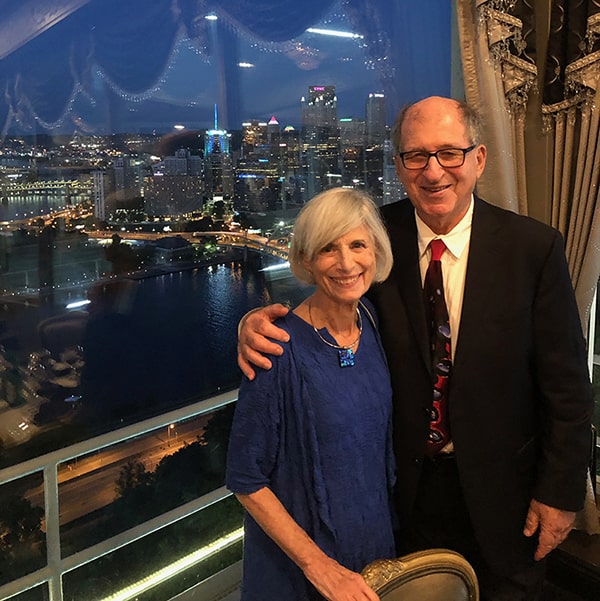 Kenneth Kotovsky
Kenneth Kotovsky
Professor Emeritus, Psychology
“Mainly, what I remember are the people I worked with (many of whom I’d earlier studied with) and the incredible intellectual climate and engagement they created. I won’t list all the brilliant colleagues I’ve had here, but simply say that as a group, they have pushed my growth to an amazing extent.”
Read Kotovsky's bio
Kenneth Kotovsky served as a full-time employee at Carnegie Mellon for 31 years. From 1989-2010, he served as director of undergraduate studies in Psychology. Kotovksy’s work focuses on the mental resources we commit to problem-solving, how people solve problems and how they overcome difficulties by developing resources and mobilizing competencies, with a focus on non-conscious learning. In retirement, Kenneth is looking forward to lingering over a hard copy of the morning paper, biking, sailing and traveling with his wife of 62 years, his children and grandchildren.
 Genevieve (Ginger) Placone
Genevieve (Ginger) Placone
Executive Coordinator, Department of Psychology
“I will remember all the wonderful people I met along the way - undergrads, grad students, faculty and staff members in the department, college and university at large. I hope to continue those relationships that are most dear to me now that I am retired. Time goes by too quickly, and I can now stop and smell the roses.”
Read Placone's bio
Ginger Placone joined CMU in 1996 as a part-time administrative assistant to Michael Scheier for his Breast Cancer Recovery Project and progressed to a research assistant with The Pittsburgh Mind Body Center. Placone rose to the role of administrative assistant for the head of the Department of Psychology, first assisting Mike Scheier for two terms before working alongside Mike Tarr during his tenure as head of the department. Upon retirement, she was Tarr’s executive coordinator. In retirement, Placone plans to travel with her husband, Ron, and spend as much time as possible with her granddaughter and family.
Department of Statistics & Data Science
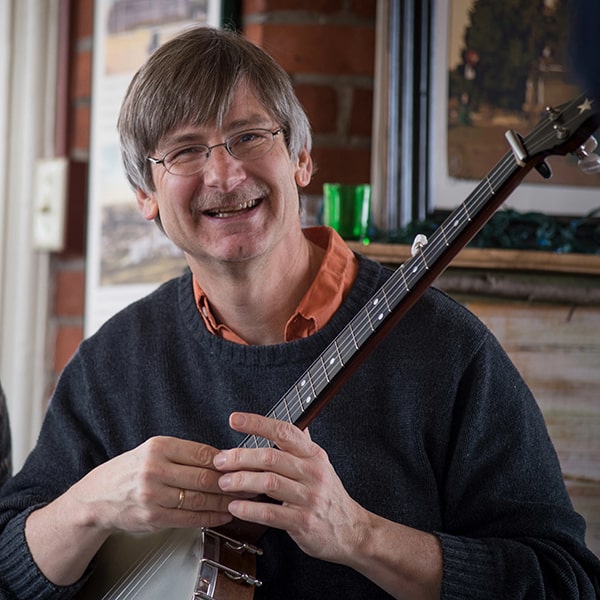 Brian Junker
Brian Junker
Professor Emeritus
“As a faculty member, the caliber of my colleagues throughout the university, and staff and students at every level, has been just outstanding. I will also fondly remember my stint as associate dean in Dietrich College, where I worked with a wonderful cohort of staff and assistant and associate deans under both deans John Lehoczky and Richard Scheines, and learned about much that goes on at the college and university levels to make opportunities for students and faculty at Carnegie Mellon to excel.”
Read Junker's bio
Junker began his career at CMU as postdoc in August 1990 and joined the faculty of the Department of Statistics in 1991. From 2012 to 2019, he also served as associate dean of Dietrich College. Junker was an affiliated faculty member of the H. John Heinz III College and an associate of the Learning Research and Development Center. His research interests — which have applications in education, psychology, the social sciences and biostatistics — include mixture and hierarchical models for multivariate discrete measures; nonparametric, semiparametric and parametric inference for latent variable models; and social network modeling and analysis. Junker is a fellow of the Institute of Mathematical Statistics; a past member of the board of trustees and past president of the Psychometric Society; and a fellow of the American Educational Research Association. He also is co-chair of the Design and Analysis Committee for the National Assessment of Educational Progress (NAEP) and a member of technical advisory boards for the Law School Admissions Test and the Duolingo English Test.
During his time at CMU, Junker’s role as a faculty member was front and center, with family life and personal interests, especially live music, a welcome respite. In retirement, he expects that to be inverted, with personal interests and family (and an overflowing job jar) taking center stage, and some remaining activities and consulting in statistics as respite from that.